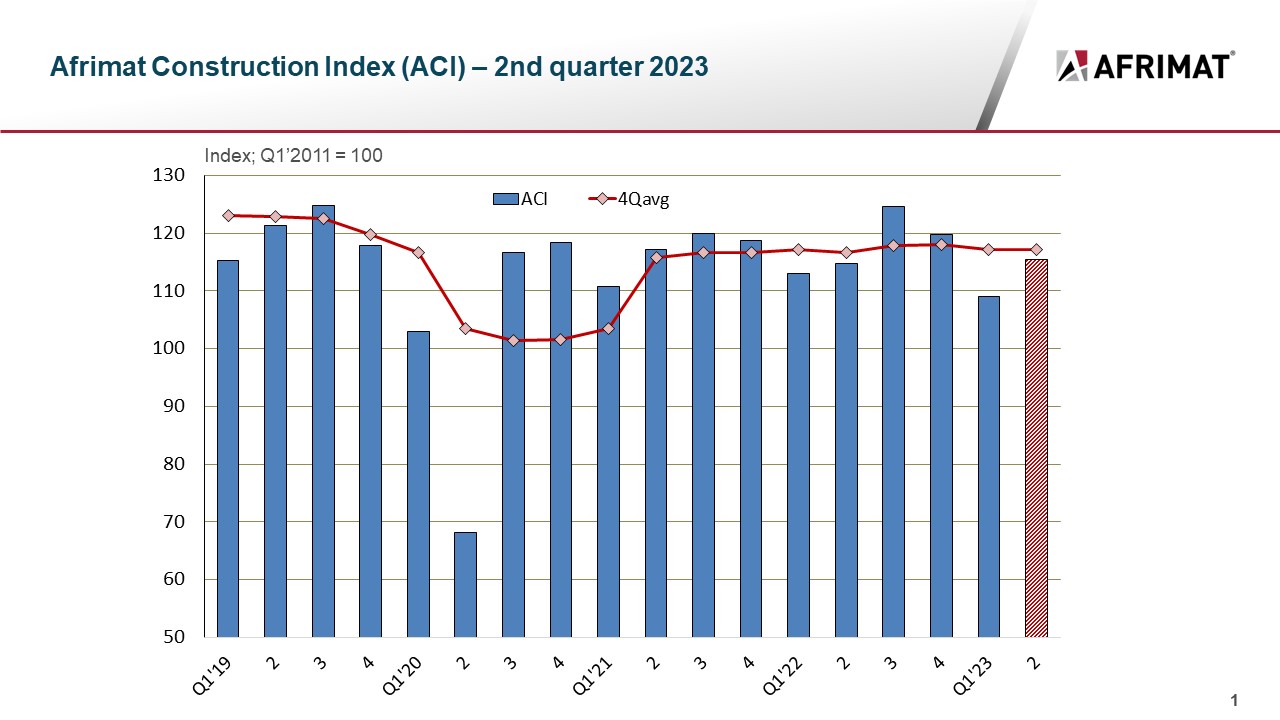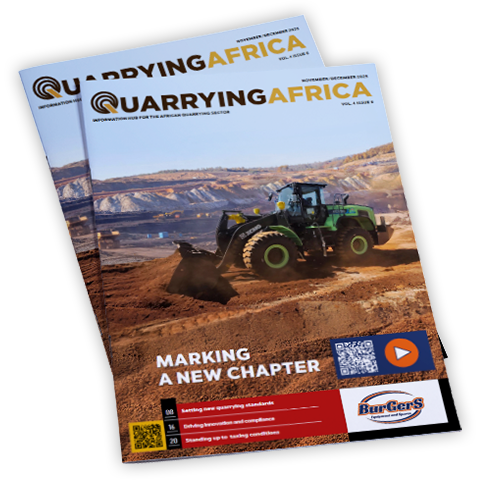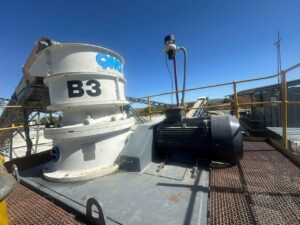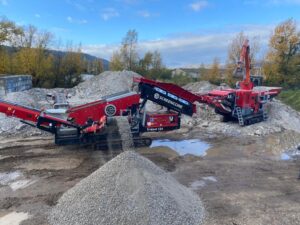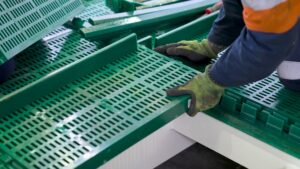Afrimat, the JSE-listed mid-tier mining and materials company providing construction materials, industrial minerals, bulk commodities and future materials and metals, has released the findings of the Afrimat Construction Index (ACI) for the second quarter of 2023. The ACI, a composite index of the level of activity within the building and construction sectors, is compiled for Afrimat by economist Dr Roelof Botha.
According to Botha, the resilience of the economy during the second quarter of the year has been showcased by the construction sector, with eight of the nine constituent indicators of the ACI recording positive real growth rates compared to the first quarter of the year.
“For the crucially important indicator of job creation, it is encouraging to note that construction took the honours on a quarter-on-quarter basis, adding more than 100 000 jobs and outperforming all other sectors of the economy, including those with much higher employment levels.”
The ACI recorded a level of 115,4 in the second quarter compared to 109,1 in the previous quarter.
“The quarter-on-quarter increase of 5,8% is higher than the increase in the country’s GDP and is a welcome improvement on the decline recorded in the first quarter. Unfortunately, the year-on-year increase was less than one percent, signalling the dire need for macro-economic policies aimed at encouraging the further expansion of construction activity in the country,” Botha adds.
Over and above the sterling performance of new job creation in the construction sector, other highlights were the positive real growth in the category “Wholesale Sales Values of Construction Materials”, the rebound in the “Value of Building Plans Passed”, and the increase in “Volume Of Building Materials Produced”.
“It should be pointed out that the construction sector component of GDP only includes the value added by contractors, whilst the ACI is based on a composite index of construction sector activity that includes another eight indicators, all of which are measured in real terms, i.e., adjusted for inflation. The ACI is therefore a very comprehensive barometer of the state of the construction sector.”
Botha explains that the results of the ACI in the second quarter are especially encouraging against the background of very high interest rates and a generally subdued macro-economic environment. “The positive trend has been influenced by the increase in the public sector’s spending on capital formation, which will hopefully continue and gather momentum over the next couple of years, as the damage done to the country’s infrastructure by state capture is addressed.”
He believes that the lethargy in the year-on-year performance of construction sector activity is, in the main, the result of the South African Reserve Bank’s hawkish monetary policy, which has resulted in the highest interest rates in 15 years. “Hopefully, interest rates will be lowered before the end of the year, which will go a long way to restoring consumer confidence and to lower the costs of construction-related projects, which are essential for the quest to restore the quality of the country’s infrastructure.
Botha further noted that a new-found urgency is emerging within government on the dire state of South Africa’s infrastructure, which promises to breathe some life into construction sector activity. “It is encouraging to witness evidence of closer cooperation between government and the private sector in the identification and design of crucial interventions to upgrade roads, harbours, freight railways and electricity supply.”
Afrimat’s CEO, Andries van Heerden, says that the group remains exceptionally well positioned through a conscious and strategic strategy that diversifies between commodities and revenue streams. “Combined with stringent capital allocation, this enables us to weather economic and commodity shocks.”
The group has built a diverse portfolio of mature businesses, while also investing in new projects, establishing green fields operations, and underpinning operations with efficiency projects. “For most of the 2023 calendar year and in the period under review, we have heavily invested in projects that are expected to yield fruitful returns and further strengthen our diversity and competitive advantage in the future. Afrimat’s successes are achieved on the foundation of a strong company culture, underpinned by achieving excellent results with integrity, and a solid, diversified growth platform.”
Strategic projects such as the Jenkins iron ore mine, Nkomati anthracite mine and Glenover are all progressing very well.
In the Construction Materials segment, the exciting acquisition of Lafarge South Africa Holdings (Pty) Ltd will add several well-positioned and resourced aggregate quarries, ready-mix batching plants, an integrated cement plant, cement grinding plants, cement depots, and high-quality fly-ash sources – an important extender in the cement industry.
“Fortuitously, the Construction Materials segment is experiencing a pickup in activity with concurrent demand for products in roads, building and infrastructure projects across South Africa, which aligns with the results portrayed in this quarter’s ACI data. This, together with a sharp commercial strategy and efficiency drives we have in place, ensures that even a small volume increase can leverage a satisfactory performance. Again, this speaks to the way in which Afrimat does business – as a low-cost, efficiency-focussed, and diversified producer,” van Heerden says.
He concludes by saying that the integration of the Lafarge operations, once all conditions precedent have been met, will be critical to supporting the group’s ongoing growth: “This deal forms part of our ongoing diversification strategy and will increase Afrimat’s offering in the construction industry by expanding our quarry and ready-mix operations nationally, as well as allow us to enter the cement value chain competitively.”
